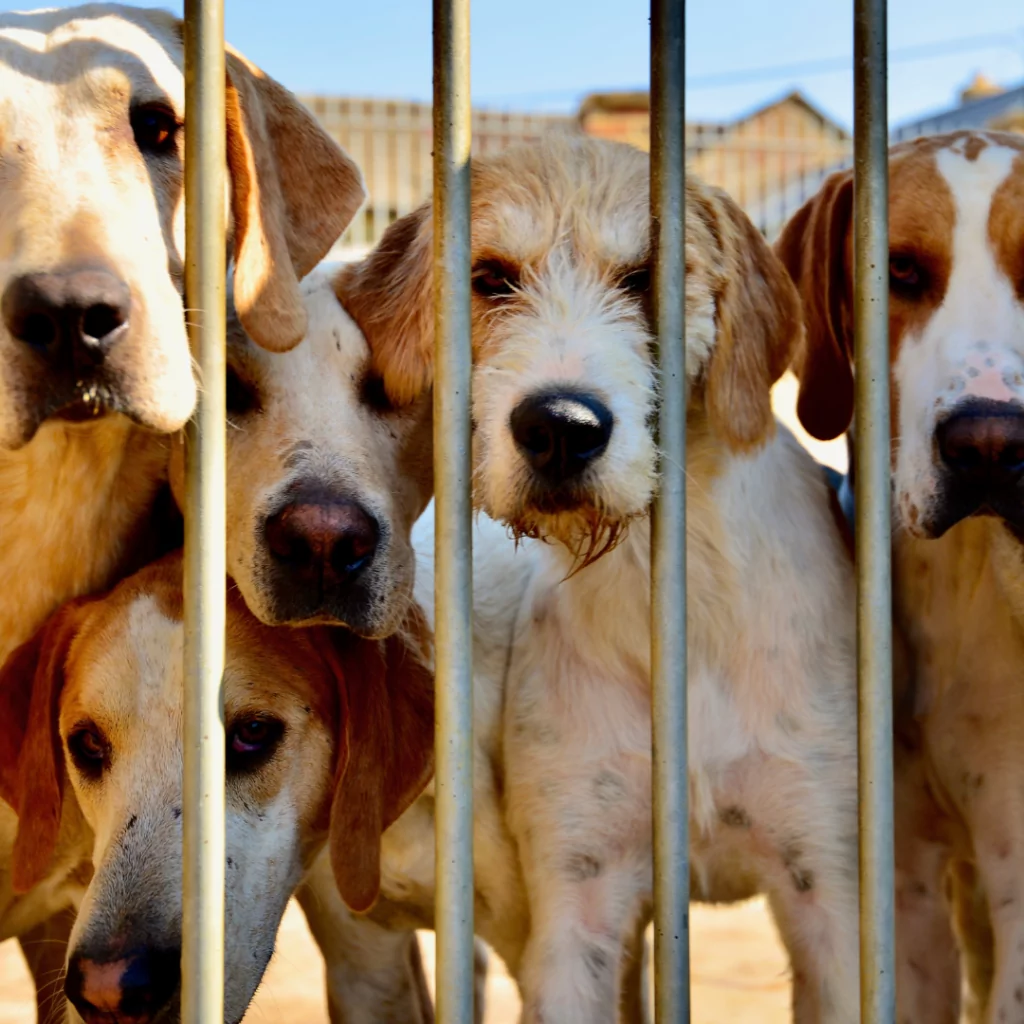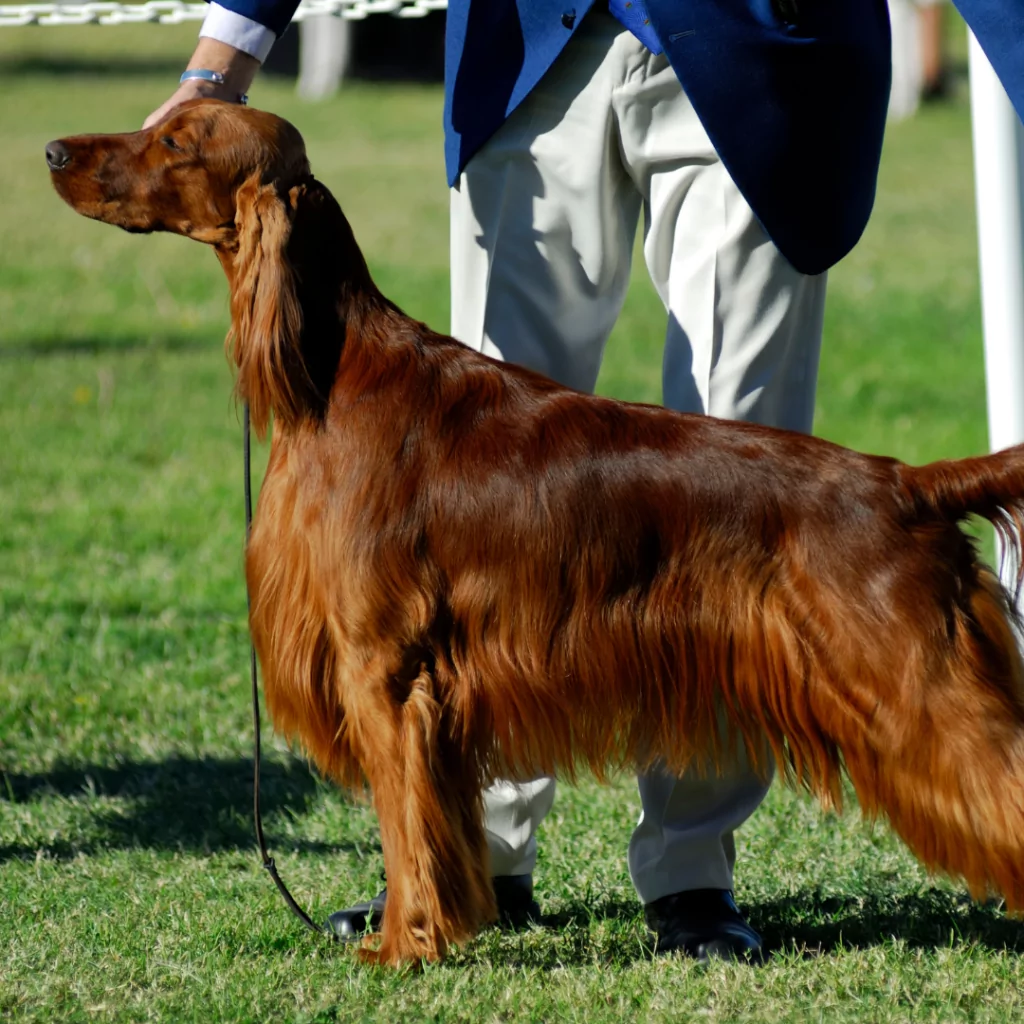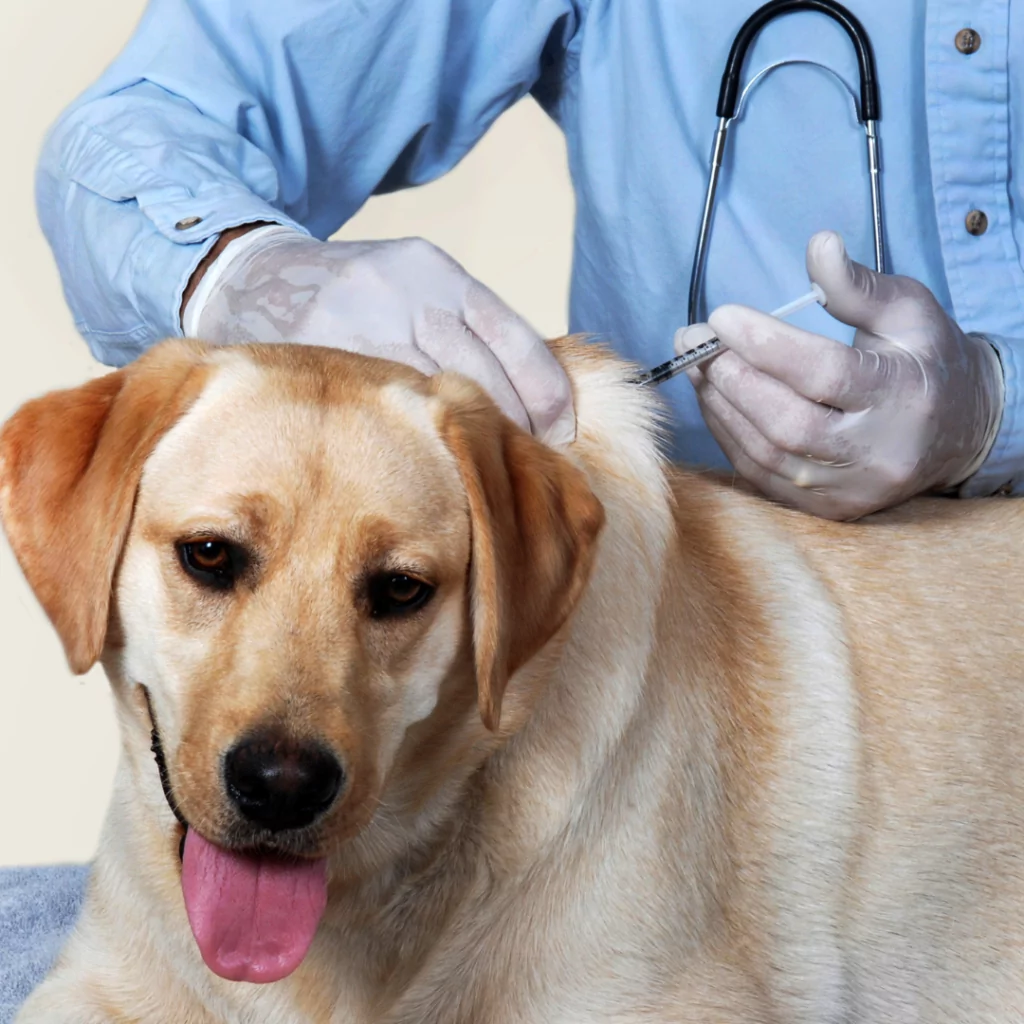This article is dedicated to unpacking the Bordetella oral vaccine. Bordetella bronchiseptica is a bacterium that is very easily contracted and in dogs causes a hacking cough or sometimes snotty nose. Any pet can contract the disease and is usually treated easily with a round of antibiotics if there are no complications.

What is Bordetella?
Although a severe onslaught amongst diseases, it can be effectively managed by administering the bordetella oral vaccine.
Bordetella bronchiseptica is a respiratory pathogen, a gram-negative bacteria, anaerobic coccobacillus that is the most common cause for a dog’s cough.
Bordetella, or more commonly known among everybody as “the Kennel cough,” is an upper respiratory infection in dogs and sometimes cats.
Bordetella bronchiseptica is in the same family with Bordetella pertussis, the culprit for the infamous Whooping cough in children.
Definition of Kennel Cough
Kennel cough is a highly contagious upper respiratory disease caused by the bacteria Bordetella bronchiseptica. Among veterinary professionals, it is also known as infectious tracheobronchitis. This disease is very easy to spread among big groups of dogs.
Bordetella bronchiseptica is highly virulent. After the colonization of the airways, the bacteria express various virulence factors to evade the immune system.
These virulence factors will lead to:
- Cellular injury of the respiratory epithelium.
- Weakened immune recognition, and
- Interrupted immune clearance.
These mechanisms will lead to the paralysis of the mucociliary apparatus, which is the main component of the respiratory system’s local defense and will result in acquired ciliary dysfunction.

The mucociliary apparatus’s function is to move the pathogens and the inhaled debris away from the lower respiratory system, thus decreasing the risk of lower respiratory infection and colonization of the airways, and potential pneumonia.
The Bordetella bacteria will paralyze the cilia in the respiratory tract and, with that, will improve its virulence and the predisposition for opportunistic infections of the lower respiratory tract.
The most common places where dogs can contract Bordetella bronchiseptica are:
- Dog parks
- Boarding facilities
- Doggy daycares
- Training groups
- Dog shows

The Bordetella bacterium is spread through tiny airborne droplets. The most common way is by bumping noses when dogs meet and greet, but sharing water and food bowls can also contribute to spreading the disease from sick to healthy dogs.
Certain factors can increase the chances of a dog getting infected, such as constant stress, exposure to smoke or dust, cold temperatures, and crowded conditions.
The symptoms of Kennel cough are easy to spot and may include:
- Very loud, extreme cough that sounds like a “honk”
- Swollen tonsils
- Sneezing
- Runny nose
- Eye discharge
- Slightly increased body temperature
- Loss of appetite (sometimes)
- Lethargy
The Necessity of the Bordetella Oral Vaccine
Bordetella bronchiseptica is a highly contagious disease that causes mild to severe respiratory symptoms in dogs. A vaccine that fights this disease is more than necessary, especially in areas and places dense with dogs.
Kennel cough is a disease that on its own is not that serious, but if left untreated and ignored, it can have serious consequences. Bordetella bronchiseptica responds well to antibiotics, but it can reoccur too often. No veterinarian will recommend so many antibiotics for one patient.
The Bordetella Oral vaccine was invented to be given to dogs that are very frequently exposed to other dogs in social or boarding conditions. Many daycare centers and boarding facilities throughout the United States require a Bordetella vaccine to enroll your dog.

When Should a Bordetella Oral Vaccine be Administered?
The Oral Bordetella vaccine is a fresh invention that is planned to be more accessible and safer for administration and to be better accepted by the patients. The previous vaccine was in the form of a nasal spray, and almost all of the receiving patients were traumatized after the administration.
The new revolutionary formula for the Bordetella vaccine is created to stimulate an immune response in the dog after contact with the oral mucosa. The new Kennel cough vaccine was created to be safe for administration, even for puppies of eight weeks of age.
The Oral Bordetella vaccine was created as a 1 ml dose administered either with a syringe or a syringe-free applicator into the buccal pouch. This simple administration is safer and better for the dogs and the veterinary staff administering it.
The Efficacy of the Bordetella Oral Vaccine for Canines
All vaccines, no matter for what disease, aren’t 100% effective. Vaccines are created to prepare the immune system for a better fight with an illness if it comes in contact.
Vaccines, in general, are created to help reduce the risk of a disease or the risk of a full-blown set of symptoms. Vaccines do not eliminate the risk of illness.
A comparative study (published at JARVM) concluded that the Bordetella oral vaccine was as effective as the nasal vaccine, with the bonus of less fear in the dogs while administering it. The study also concluded that the Oral Bordetella vaccine was far more superior to the subcutaneously administered vaccine.

The studies by Zoetisus showed that the Oral Bordetella vaccine is generally safe. No serious adverse effects were seen. One out of 321 dogs vomitted once after 15 minutes of administration of the vaccine.
Less than 3% of the dogs in the controlled group showed signs of diarrhea, less than 1% were lethargic for a day, and less than 1% had a mild fever.
How Long Does the Vaccine Last for?
Reports show that the immune-mediated response generated from the Oral Bordetella vaccine lasts 13 months. This means that healthy adult dogs should get an annual booster if they live in a community with a large number of dogs or frequent doggy daycare centers or boarding facilities.
Some boarding facilities require booster shots every six months.
How Often Should the Vaccine be Given?
The Kennel cough vaccine is a vaccine that is in the category of “non-core vaccines.” This means that the disease is not life-threatening, and as a pet owner, you are not obligated to get this vaccine for your dog.
When contracted, kennel cough is a disease that passes without any serious consequences, but sometimes complications do occur.
If your dog is a frequent guest at a doggy daycare or goes to the dog trainer every week and gets in contact with a large number of dogs with questionable health and vaccine history, it is best to get your dog an Oral Bordetella vaccine. Even though no vaccine is 100% effective, the symptoms are considerably milder with the vaccine.
The manufacturer guarantees 12-month protection with the Oral Bordetella vaccine, but some canine facilities require a six-month vaccine booster to enroll your canine companion.
Side Effects and Risks Associated With the Vaccine
As with any vaccines, some side effects can be seen even with the Oral Bordetella vaccine. Some of these side effects can be mild and unnoticeable, but some may be life-threatening if not addressed immediately.
Some of the mild side effects may include gastrointestinal upset, vomiting, diarrhea, lack of appetite, lethargy, and fever. The more severe symptoms are in the range of allergy symptoms. These include swelling on the head in the face area, enlargement of lymph nodes, hives on the stomach and ears, high fever, anaphylaxis, death.
If you, as a pet owner, notice any of these symptoms, no matter how mild, contact your veterinarian immediately.
The Final Bark

Kennel cough is a disease caused by a Gram-negative bacteria called Bordetella bronchiseptica. Bordetella bronchiseptica causes respiratory illness in dogs (and very rarely in cats). It is generally not life-threatening but sometimes can get complicated with opportunistic infections that can lead to severe pneumonia.
Researchers have invented a vaccine that fights this bacteria and keeps dogs safe and more comfortable. The vaccine started as a subcutaneous injection, then progressed into a nasal spray (but this was badly accepted by the dogs), and now matured into an Oral Bordetella vaccine.
The Oral Bordetella vaccine is made to be given as a 1 ml dose with a syringe-free applicator directly into the buccal pouch of the dog. Then the vaccine is absorbed by the oral mucosa, and the immune system starts to create antibodies. The immune response of the vaccine is recorded to be one year.
Bordetella bronchiseptica can also affect cats, rabbits, and seldom humans. This bacterium is the cause of the famous canine infectious tracheobronchitis commonly known as kennel cough.
Merial, which is now part of Boehringer Ingelheim, has made an oral vaccine which they say is very effective against Bordetella bronchiseptica. The clinical studies they did suggest that this vaccine, as a mucosal agent, offers the dogs a vigorous immune response after only a single dose.
This type of vaccine will offer an easier way of administration for dogs that find conventional vaccination stressful and will offer the owners some peace of mind.
Read the whole article about this revolutionary vaccine here: https://goo.gl/KFSUKb
